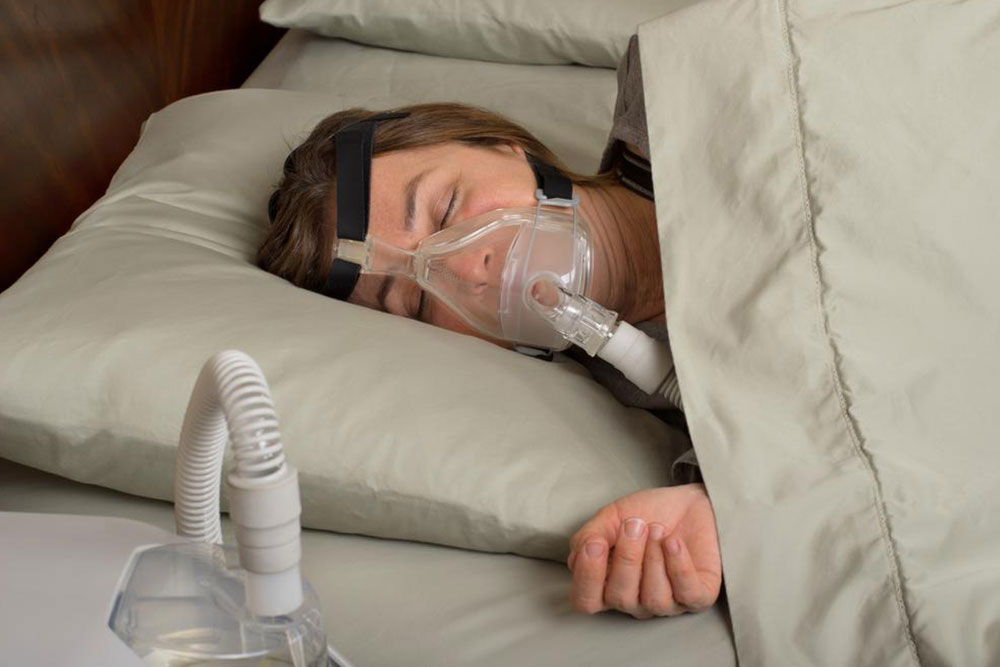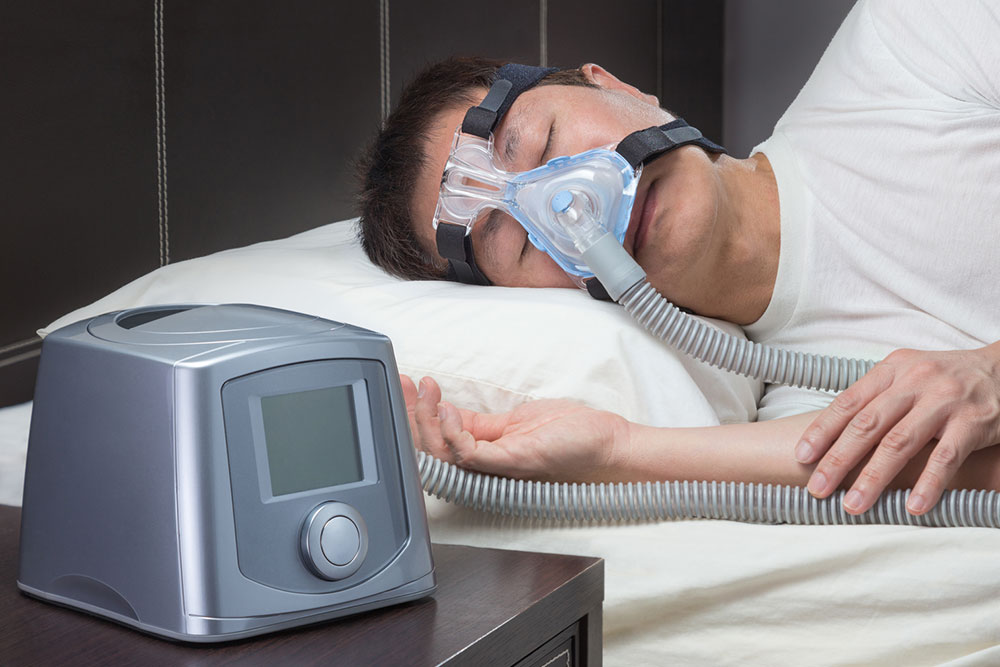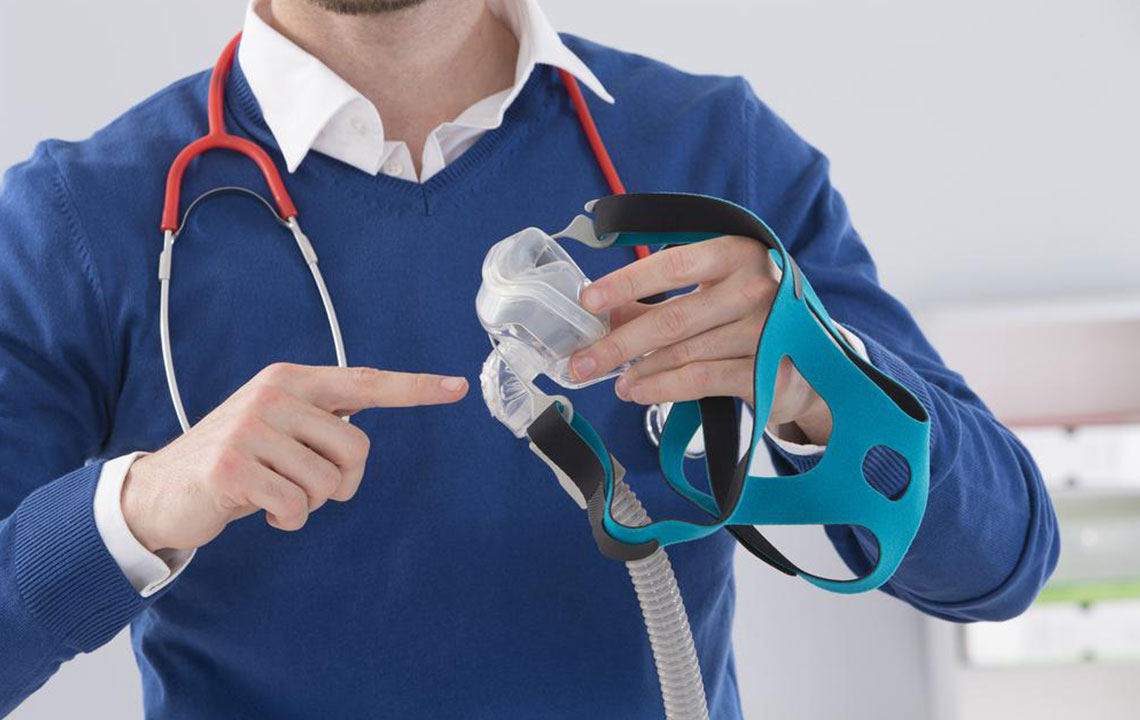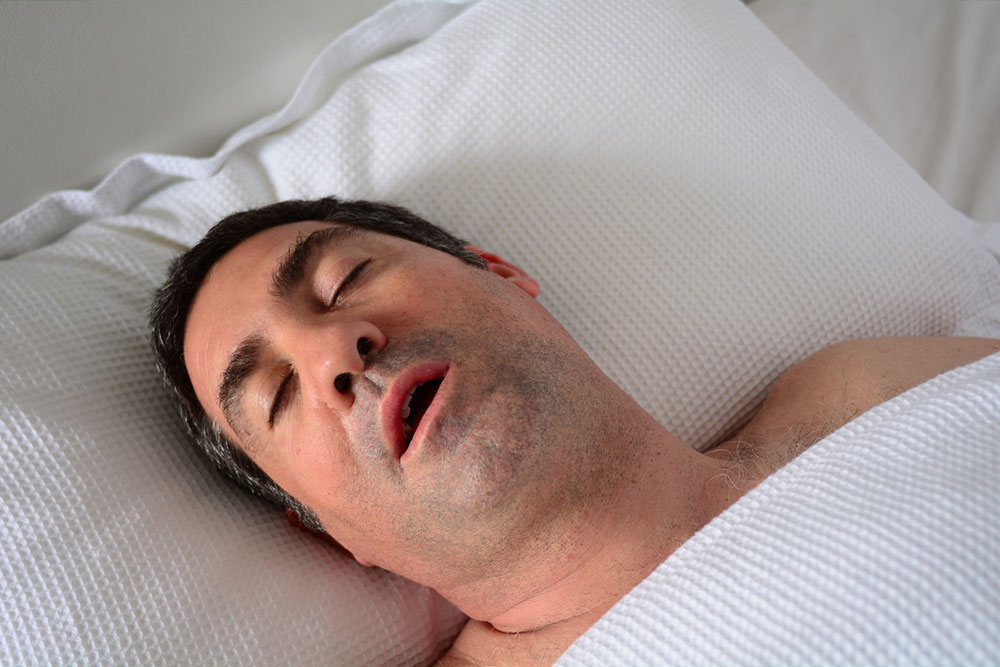Comprehensive Guide to Managing Sleep Apnea Effectively
This comprehensive guide explores effective natural strategies and medical treatments for managing sleep apnea. It emphasizes lifestyle adjustments like sleep positioning, weight management, and breathing exercises, alongside professional options such as oral appliances and therapy. Early diagnosis and tailored interventions can significantly improve sleep quality, reduce health risks, and enhance overall well-being. Learn how to identify symptoms and adopt effective habits to combat this sleep disorder effectively.

Comprehensive Strategies for Managing Sleep Apnea
Sleep apnea is a prevalent yet potentially dangerous sleep disorder that affects millions worldwide. It is characterized by repeated pauses in breathing during sleep, which can last for ten seconds or longer. These interruptions occur when the airway becomes obstructed or when the brain fails to send the correct signals to promote normal breathing. Both adults and children can suffer from this condition, and if left untreated, sleep apnea can lead to significant health complications, including low oxygen levels, cardiovascular issues, and impaired daily functioning. Fortunately, numerous management strategies and treatment options are available to help individuals control and mitigate the impact of sleep apnea on their lives.
Central sleep apnea occurs when the brain fails to send proper signals to the respiratory muscles, despite the airways being open. This neurological dysfunction disrupts normal breathing patterns during sleep.
Obstructive sleep apnea, the more common form, results from the blockage of the airway due to tissue collapse at the back of the throat during sleep. This physical obstruction leads to breathing pauses and associated symptoms.
Recognizing the signs and symptoms of sleep apnea is crucial for early diagnosis and effective management. Typical indicators include loud snoring with choking or gasping sounds, persistent daytime fatigue, difficulty concentrating, mood swings, unexplained weight gain, nocturnal sweating, sexual performance issues, forgetfulness, and increased urination at night. While these symptoms are common in sleep apnea, they are also associated with other health conditions, making professional assessment essential for accurate diagnosis.
Seeking consultation from healthcare professionals is vital for confirming diagnosis and devising an appropriate treatment plan. Neglecting sleep apnea can increase the risk of serious health conditions such as strokes, high blood pressure, diabetes, frequent headaches, cardiovascular diseases, attention deficit hyperactivity disorder (ADHD) complications, depression, and can significantly impair daily life and productivity.
To manage sleep apnea naturally and improve sleep quality, several lifestyle modifications and non-invasive remedies can be employed:
Adjust Sleeping PositionsResearch has consistently shown that sleeping on the back can exacerbate sleep apnea symptoms by promoting airway obstruction. Sleeping on your side can reduce snoring and breathing disruptions, leading to more restful sleep. However, some groups, especially children, may benefit from different sleeping positions. Tailoring posture changes based on individual needs and consulting healthcare providers can optimize results.
Practice Yoga and Breathing ExercisesIncorporating yoga into your daily routine can significantly improve respiratory health by strengthening lung capacity, enhancing oxygen flow, and promoting relaxation of the nervous system. Various breathing techniques, such as diaphragmatic breathing and pranayama, are particularly effective in managing sleep apnea symptoms. Medical experts support yoga as a complementary approach alongside other treatment modalities.
Maintain a Healthy WeightObesity and excess weight are major risk factors for obstructive sleep apnea, as excess tissue can block the airway during sleep. Losing weight through balanced diet and regular exercise can dramatically reduce the severity of symptoms and improve overall health. Achieving and maintaining a healthy weight not only alleviates existing symptoms but also helps prevent the recurrence of sleep apnea in the future.
Use Oral AppliancesMany individuals find oral devices a comfortable alternative to continuous positive airway pressure (CPAP) machines. Mandibular advancement devices (MADs) work by repositioning the jaw forward, thus enlarging the airway and reducing blockage during sleep. These devices are custom-made and should be fitted by dental or sleep medicine professionals for optimal effectiveness.
Avoid Smoking and Excessive Alcohol ConsumptionQuitting smoking is essential, as tobacco causes airway inflammation and increases the risk of airway collapse. Limiting alcohol intake is equally important because alcohol relaxes the throat muscles, worsening breathing disruptions during sleep. Lifestyle changes targeting these behaviors are critical components of comprehensive sleep apnea management.
If symptoms persist despite lifestyle modifications, it is vital to seek professional medical advice. Diagnostic tests such as sleep studies can pinpoint the exact nature of the disorder and determine suitable treatment options, which may include Continuous Positive Airway Pressure (CPAP), surgery, or other therapies. Early intervention not only improves sleep quality but also prevents serious health consequences and enhances overall well-being.





